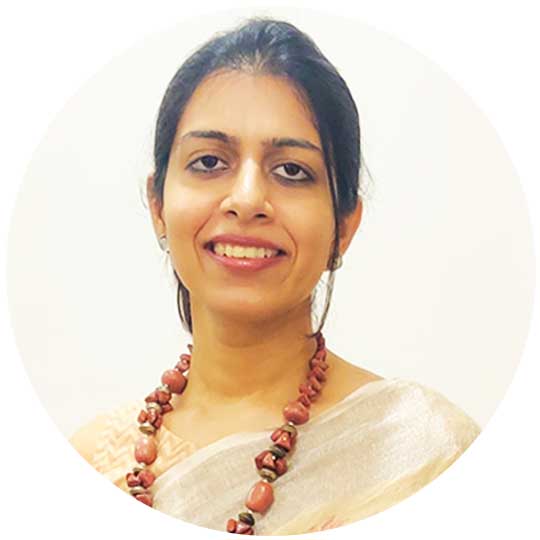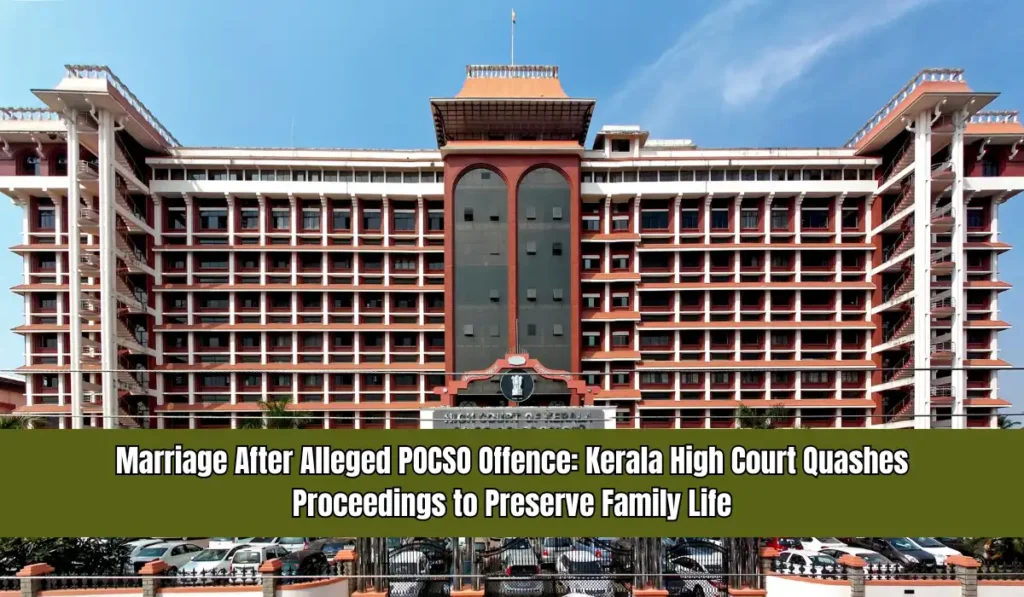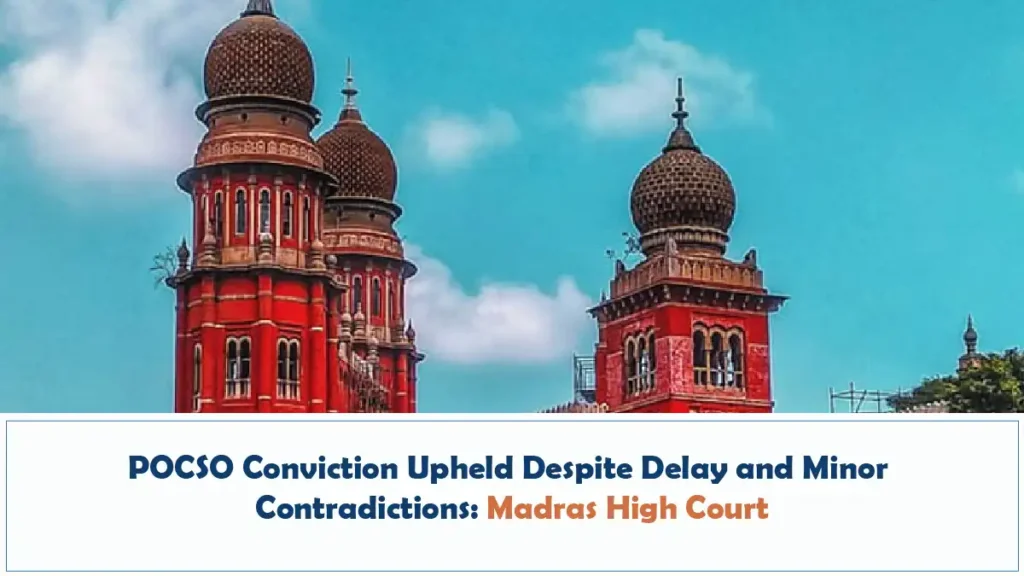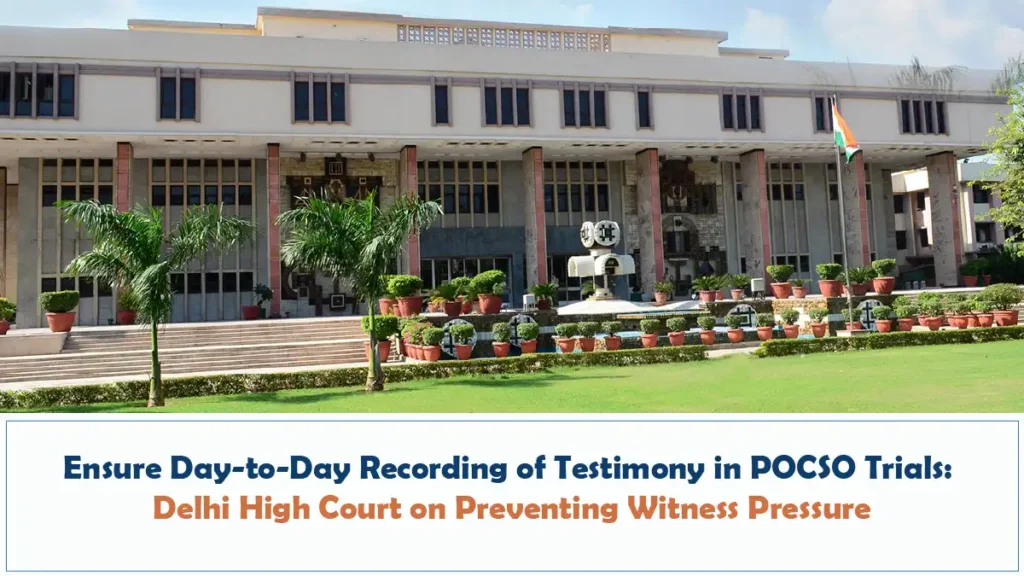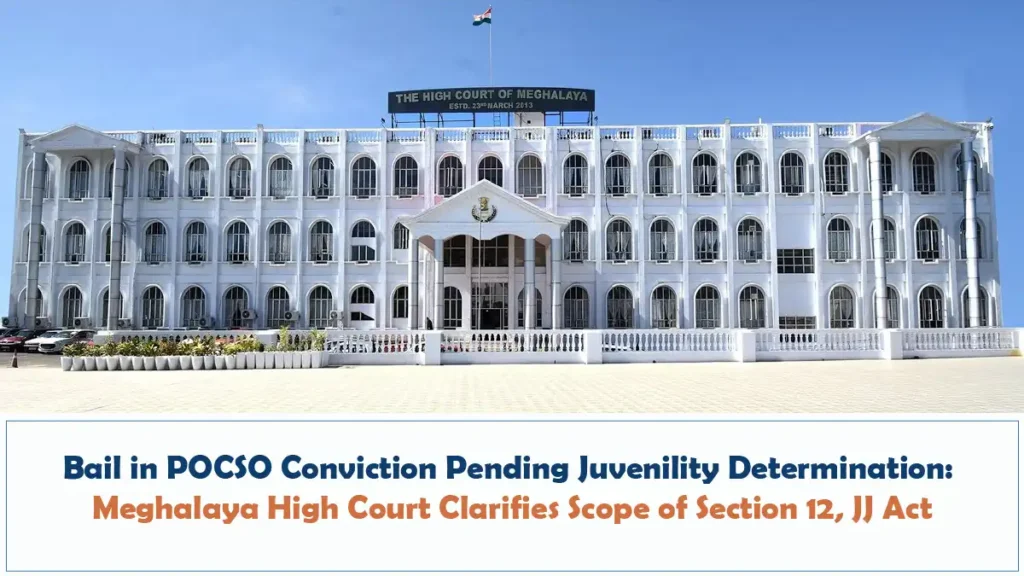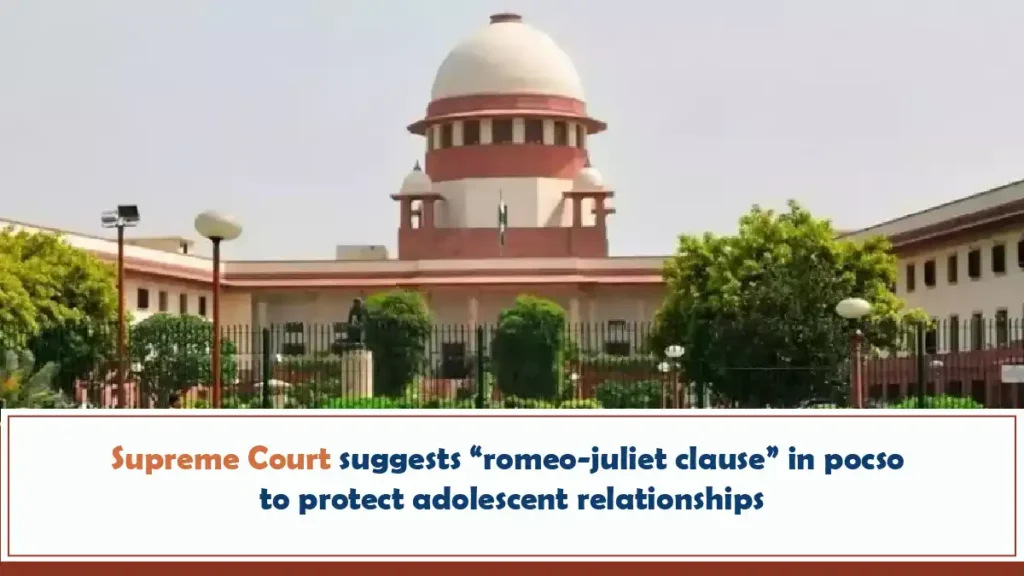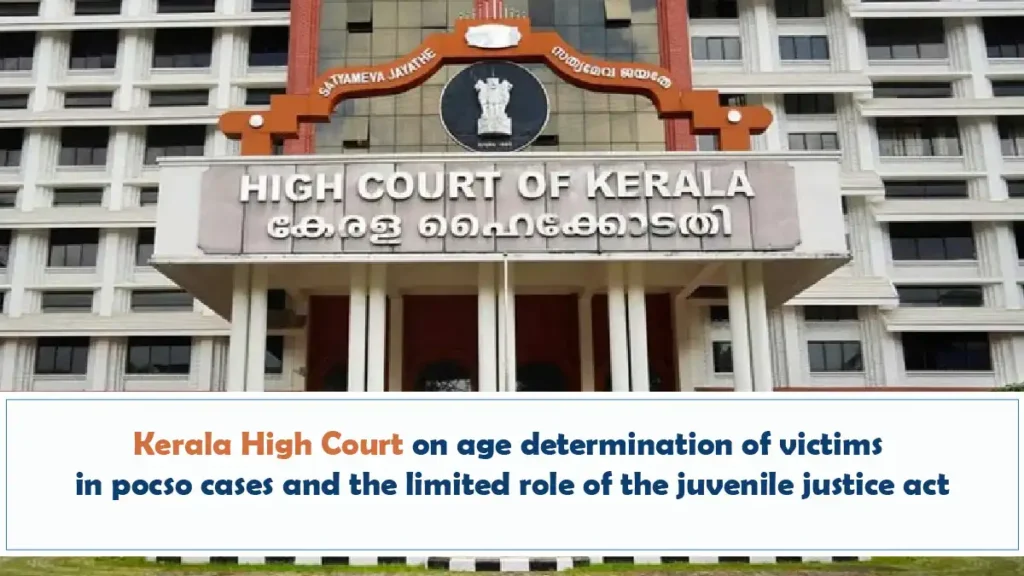Understanding Child Sexual Abuse
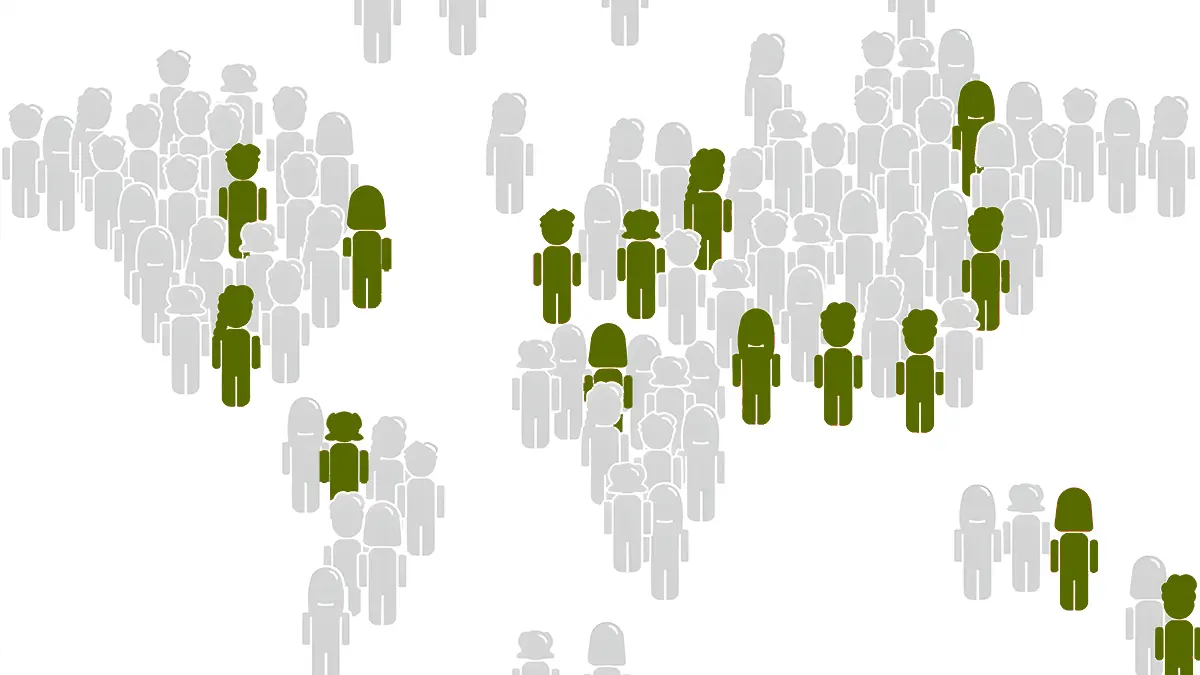
What is Child Sexual Abuse (CSA)?
Child Sexual Abuse is any inappropriate or harmful sexual act involving a child below 18 years. Ensuring a child's safety are paramount responsibilities for any caregiver.
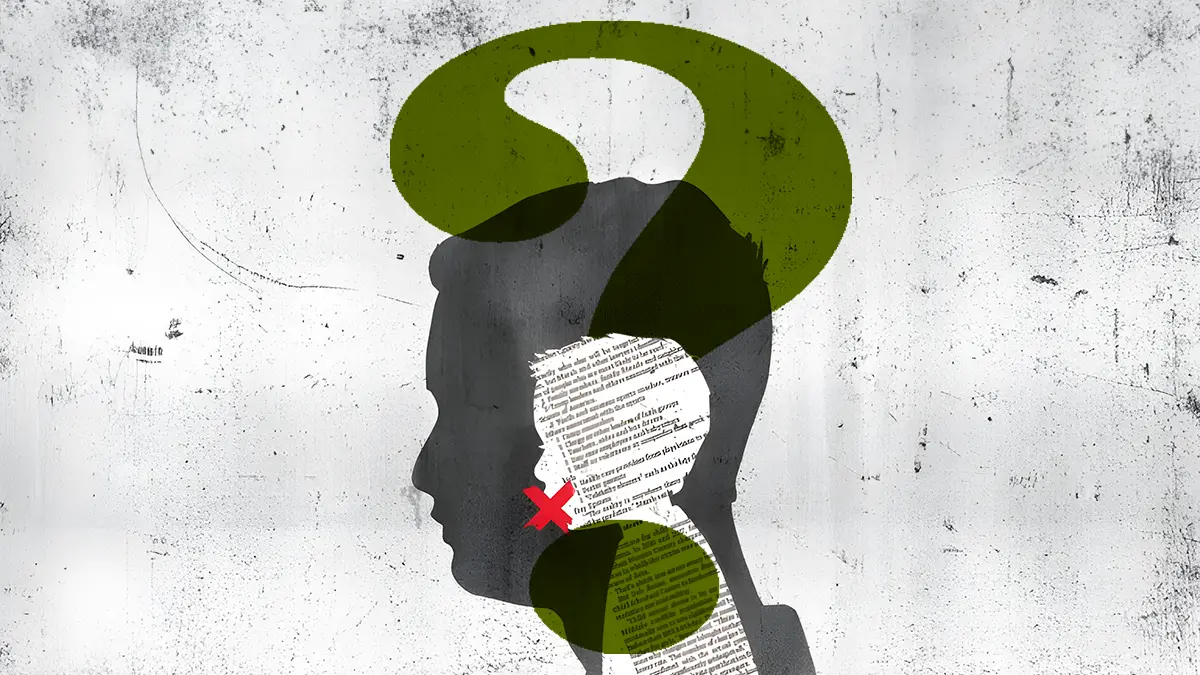
Prevalence of CSA
According to the NCRB data, the number of POCSO cases increased by more than 30% between 2016 & 2020. This underscores the urgency of prevention and support efforts to safeguard children's well-being.
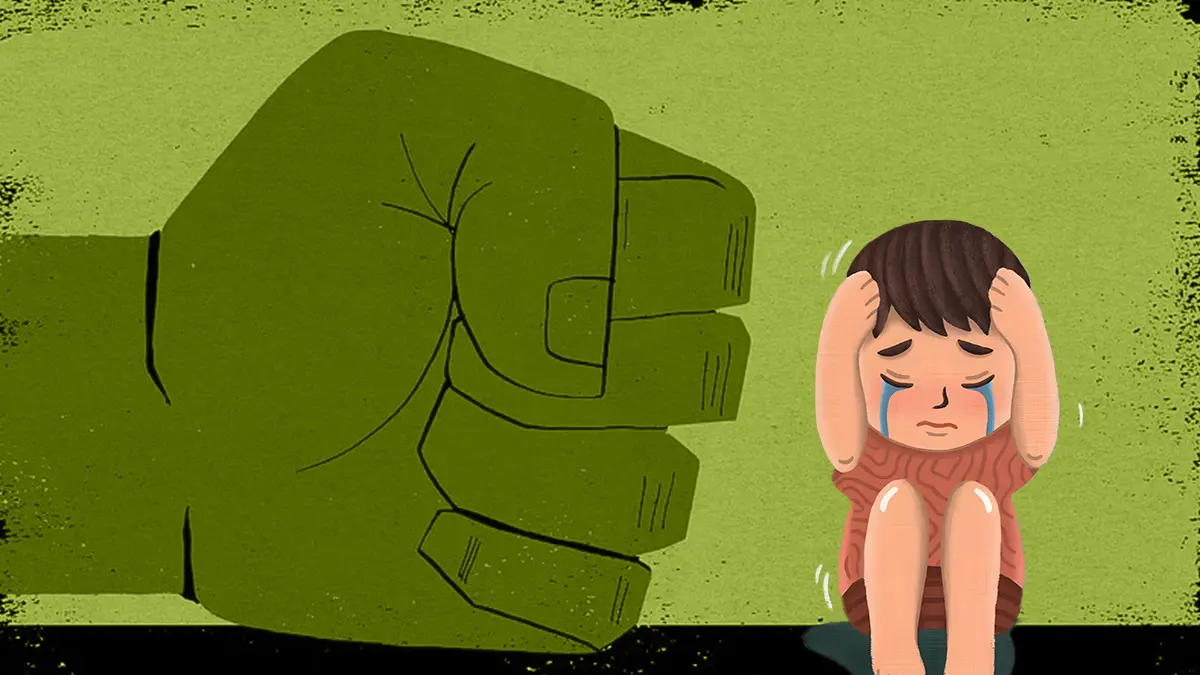
Impact of CSA
Child sexual abuse impacts victims emotionally, mentally, and physically and can affect their overall well-being. Thus, understanding how to provide support systems for healing must be a priority for all.
Understanding the POCSO Law & Remedies
The POCSO Act in India is a crucial law aimed at shielding and children from sexual abuse and exploitation, and providing redressal thereof. It’s essential for every person to understand that the law not only seeks justice through court process but also details processes to protect holistic socio-legal protection to the child. Thus, regular trainings on the POCSO Act and its updates are our best way forward in providing a safer environment to our country’s children.
Our Services

Formulation of an Internal Policy on Protection of Children from Sexual Offenses

Creation of Toolkit

Creation of Process Document for Reporting and Handling of Complaints

Providing Reporting Officer

Conducting Age Sensitive Programs for Children

Conducting Training Programs for Professionals working with Children, Parents & Reporting Officers

Legal Advisory
POCSO E-Module (eLearning Module)
Our specifically curated content about the psycho-social and legal perspectives surrounding child sexual abuse can be accessed through the rich multi-media experience of e-modules wherein you can:
🔰Learn at your own pace, anywhere.
🔰Gain insights from experts in the field

Child Protection Policy & Measures that can be taken
- Child Protection Committee: Constitution, Roles, and Responsibilities
- Redressal and Reporting of Offences
- Reporting Mechanism
- Preventive Measures
Past Events
Advantages of POCSO Training Program
POCSO training can help to increase awareness of child sexual abuse, create a more ethical culture, improve reporting, reduce impunity, and strengthen the legal framework for protecting children. It can be an important tool for preventing and addressing child sexual abuse.
Why choose child safety at work for POCSO training in India
A conversation around child safety is incomplete if undertaken from a narrow, linear view of only the law. At Child Safety at Work, we believe in a collaborative and multi-dimensional approach to understanding the law and our roles in it. Thus, with lawyers, mental health professionals and social workers coming together to provide strategies for sustainable change, we marry legal provisions with Emotional Quotient to help you harmonize these forces and build on your skills to create a safer future for our children.
Who should Attend POCSO Training Program?
Parents, Teachers, Caregivers, Legal practitioners, Mental health professionals, Law students, Social workers, Experts or organizations working with children, Adult survivors of CSA , Support persons as per the law (including outreach volunteers)
What will you learn in the POCSO Training Program?
- Child Sexual Abuse: Equipping Ourselves with psycho-social skills to Protect Children
- Understanding the POCSO Act and legal remedies
- Role of Schools, Organizations and child care professionals in implementing safety measures for children
Upgrade Your Knowledge
Gain insights from our content curated by legal experts, mental health professionals, and social workers, amplifying your ability to protect the vulnerable.
Past Events
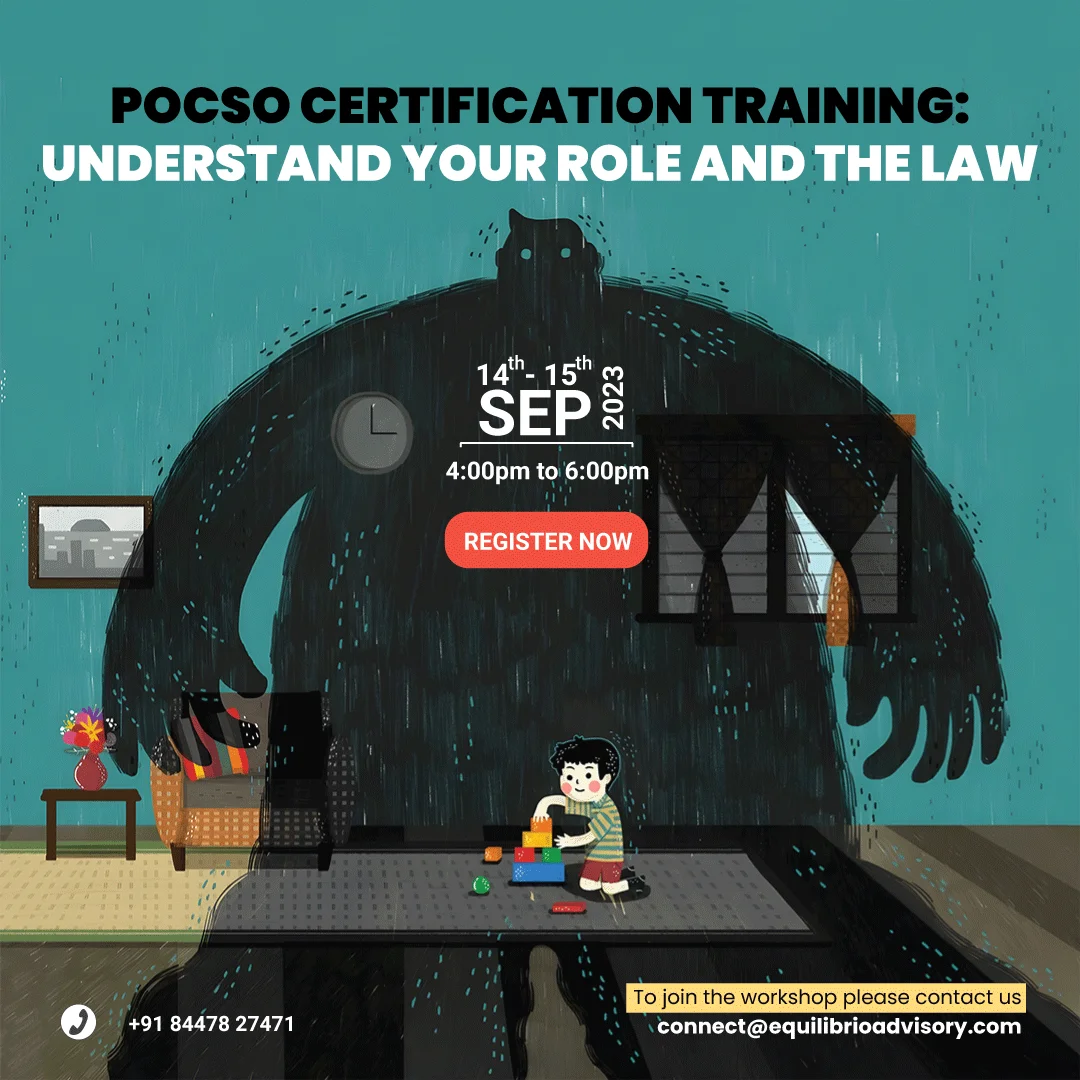
POCSO Certification Training
Child sexual abuse is an ever-present societal concern, that mandates collective awareness and action. The Protection of Children from Sexual Offences (POCSO) Act...
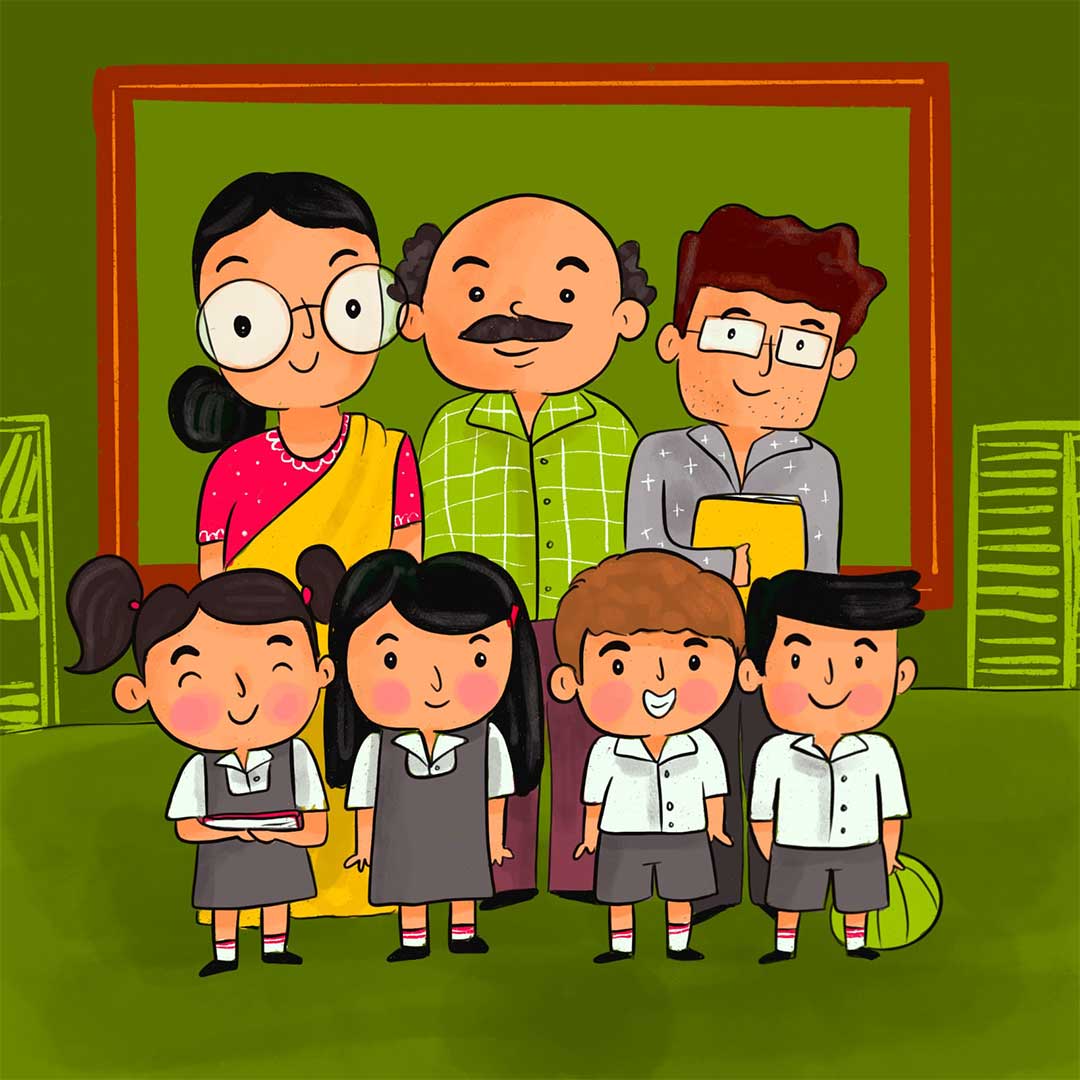
Awareness Program for Teachers
As teachers, it is extremely important to understand the role & functions when CSA occur or are reported.
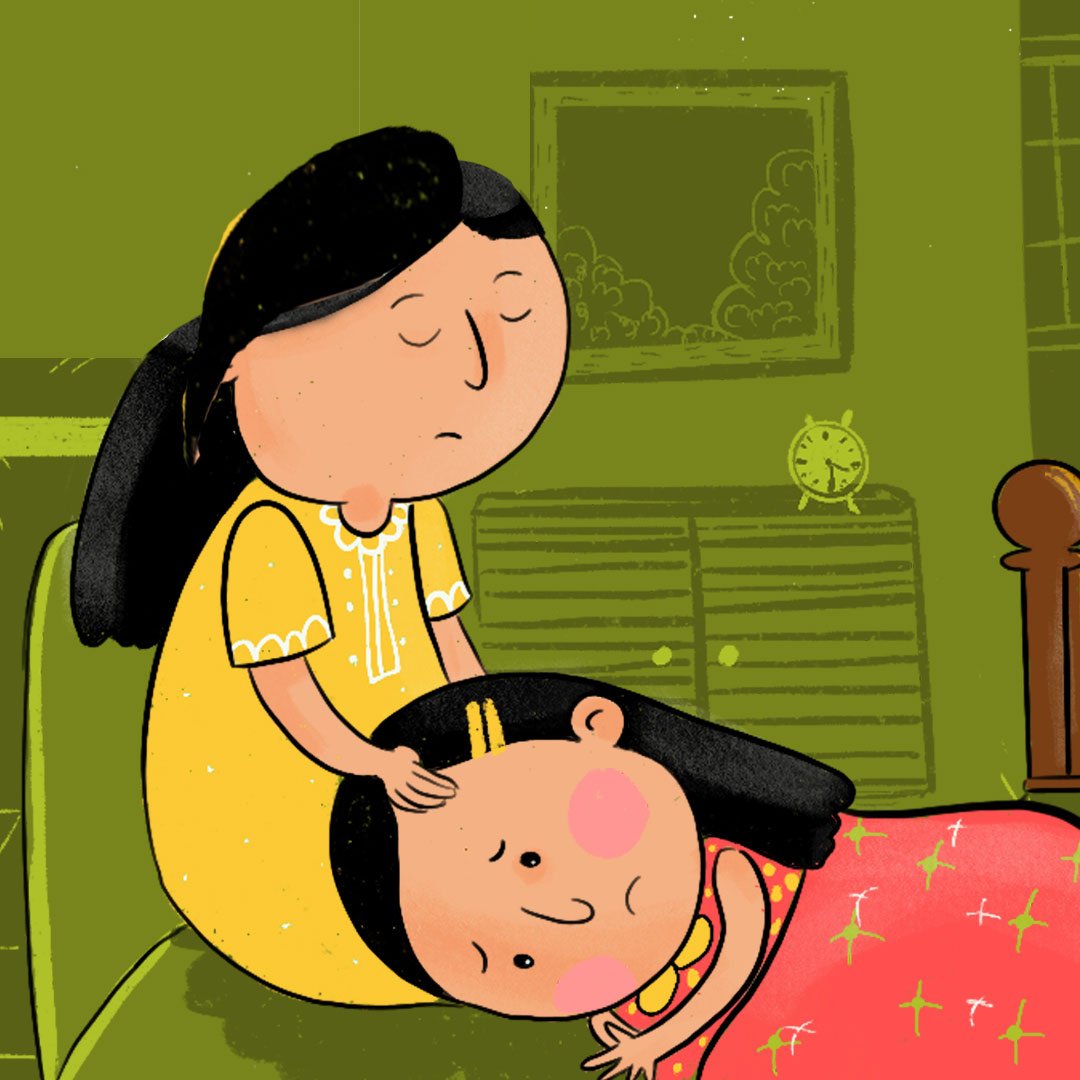
Awareness Program for Parents
This Program has been designed to Equip Ourselves so that we can Protect our Children.
School - Colleges - Organisation




See What Our Client Say
"The POCSO training was an eye-opener. I came to understand some practical strategies that I can apply in classrooms. Highly recommend this workshop!"

"I enrolled in the POCSO training workshop to better understand how to apply the legal and psycho-social aspects of child protection with my staff and students. The trainers were experts in the field, and the content was both comprehensive and practical. I am now applying my training with Child Safety at Work to strengthen my school's policies and procedures."

I've attended various child protection workshops, but this POCSO training stands out. It not only covered the legal framework but also emphasized preventive measures and individual involvement. The networking opportunities with fellow participants has helped build my connections as well.

FAQs
The Protection of Children from Sexual Offences Act, 2012 (POCSO Act) is a comprehensive legislation to provide for the protection of children from a wide range of sexual offences, including sexual assault, sexual harassment and pornography, while safeguarding the interests of the child at every stage of the legal process.
The POCSO Act received the assent of the President on 19 June 2012 and came into force on 14 November 2012, through a Gazette notification dated 9 November 2012.
Data from a study undertaken by the Ministry of Women and Child Development on ‘Child Abuse’ in 2007 had revealed that 53.22% of children had faced one or more forms of sexual abuse. The increasing incidence of sexual offences against children had to be addressed through a separate legislation, as the Indian Penal Code, 1860 (IPC) and the other existing legislations did not specifically provide for sexual offences against children.
The IPC only recognized limited forms of sexual violence, that too only against girls, and all physical sexual acts other than rape were recognized as amounting to “outraging the modest of women” at that time. Further, even that was punishable with a maximum term of 2 years and/or fine. Therefore, the penalty was also not adequate. Moreover, the need was felt for protecting the interests of a child victim and child witness during the investigation and trial, since the regular criminal procedures are not typically suited for a child.
The push for the POCSO Act also came from Article 15 and Article 39 of the Constitution of India, wherein the State has the powers to make special provisions for children, particularly towards securing that children are protected from abuse and exploitation, and they are given facilities to develop in a healthy manner, in conditions of freedom and dignity. In addition to that, India has also ratified the United Nations Convention on the Rights of Children, which requires the State to undertake measures to prevent sexual exploitation of children.
The POCSO Act is applicable across India.
The Protection of Children from Sexual Offences Rules, 2020 (POCSO Rules) were amended and notified by the Central Government on 9 March 2020.
Yes, there were significant changes brought into effect by way of an amendment in 2019. With an intent to make the POCSO Act more stringent and effective in dealing with the increasing cases of child sexual abuse in the country, an amendment to the POCSO Act was introduced before the Lok Sabha in January 2019. This received the President’s assent on 5 August 2019 and came to be called the Protection of Children from Sexual Offences (Amendment) Act, 2019, enforced with effect from 16 august 2019. The idea was to create a deterring effect for the perpetrators and to ensure safety, security and a dignified childhood for the children. For this, the amendment primarily suggested enhancement of punishments for the various barbaric offences, including the punishment of death penalty in extreme cases.
No. The POCSO Act is gender neutral and intends to protect all children alike, regardless of their gender.
Report. Any person who has knowledge of an offence that has been committed has a mandatory obligation to report the offence. In fact, failure to report an offence that has been committed is also a punishable offence under the POCSO Act with imprisonment for a maximum term of 6 months and/or fine.
Section 42A of the POCSO states that in case of conflict between the provisions of the POCSO Act and any other law, the POCSO Act will have an overriding effect.
Under the POCSO Act, any person under the age of 18 years is a child.
No. Child has been defined as a person under the age of 18 years across the applicable statutes in India. That said, there has been significant debate around the age of juvenile delinquents after the landmark case of State v. Ram Singh and Ors. (more popularly known as the Nirbhaya Delhi rape case), where one of the accused was just short of 18 years and had to be therefore tried as a juvenile.
In light of this, when the Juvenile Justice (Care and Protection of Children) Act, 2015 (Juvenile Justice Act) was introduced and passed in Parliament in 2015 replacing the Juvenile Justice (Care and Protection of Children Act) 2000, one of the main changes was to allow the trial of juveniles in conflict with law in the age group of 16-18 years as adults. As a result, under the Juvenile Justice Act, in case of heinous offences committed by a child who is above the age of 16 years, the Juvenile Justice Board (as appointed under the Juvenile Justice Act) first makes a determination regarding the mental and physical capacity of the child to commit such offence, ability to understand the consequences of the offence and the circumstances in which the child allegedly committed the offence. Basis this assessment, the Board comes to a conclusion on whether the juvenile should be tried as a child or an adult.
Under the POCSO Act and the POCSO Rules, the phrase ‘child in need of care and protection’ has been used a few times. While the Juvenile Justice Act also defines a ‘child in need of care and protection’, in the context of the POCSO Act, it is only under the following circumstances that a child survivor can be considered as a ‘child in need of care and protection’:
- The child is living in the same house or shared household with the person who allegedly committed or attempted to commit or is likely to commit a sexual offence against the child.
- The child is living in a child care institution without any parental support.
- The child is without a home and parental support.
If a sexual offence is committed by a child, the case can only be tried by the Juvenile Justice Board as per procedures laid down under the Juvenile Justice Act.
Yes. Unlike the definitions of sexual harassment provided under Sexual Harassment of Women at Workplace (Prevention, Prohibition and Redressal) Act, 2013, the distinct feature of this offence under the POCSO Act is that presence of sexual intent, when any act of sexual harassment is committed, is mandatory.
It means using a child in any form of media (including programs or advertisements telecast by television channels or on the internet or any other electronic form or printed form, whether or not such program or advertisement is intended for personal use or distribution) for the purpose of sexual gratification, including,
- representation of the sexual organs of a child.
- usage of a child engaged in real or simulated sexual acts (with or without penetration).
- the indecent or obscene representation of a child.
“Use a child” includes involving a child through any medium like print, electronic, computer or any other technology for preparation, production, offering, transmitting, publishing, facilitation and distribution of the pornographic material.
 Cart is empty
Cart is empty 

